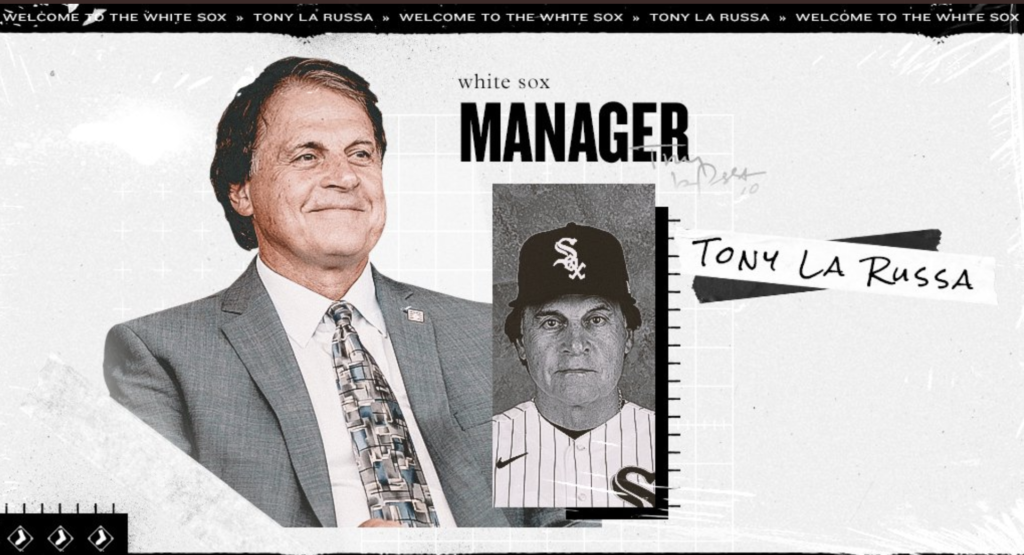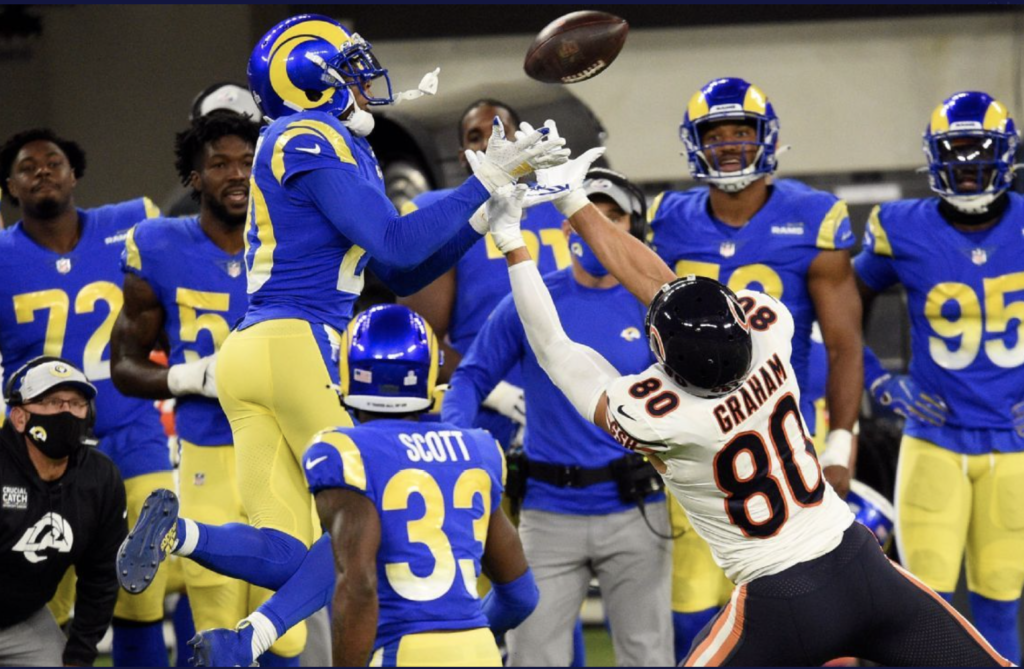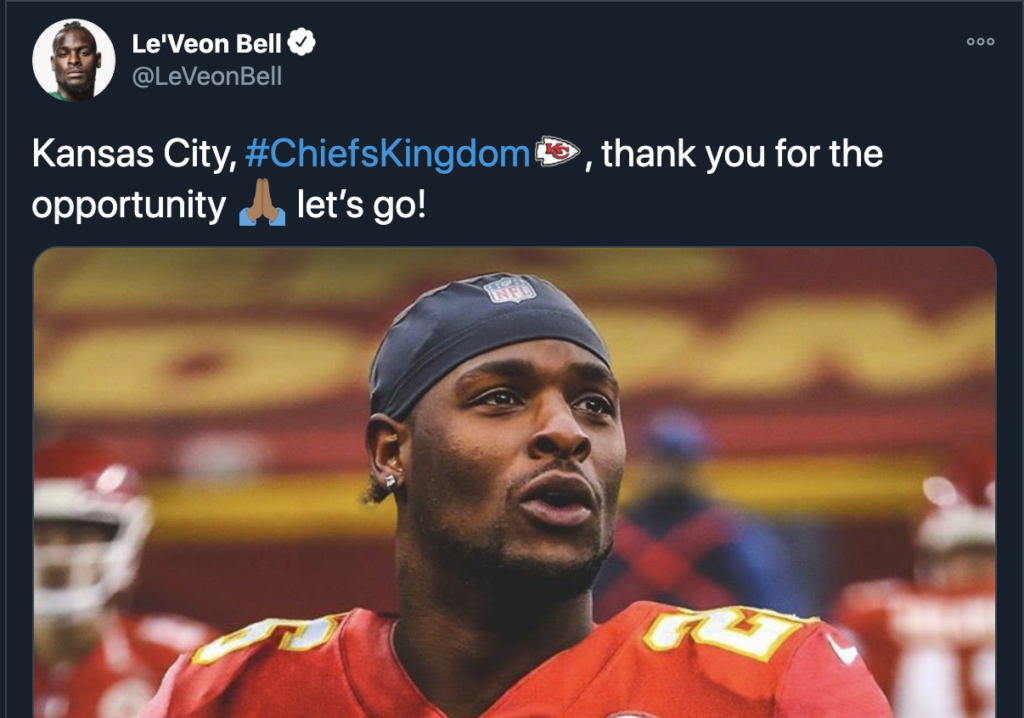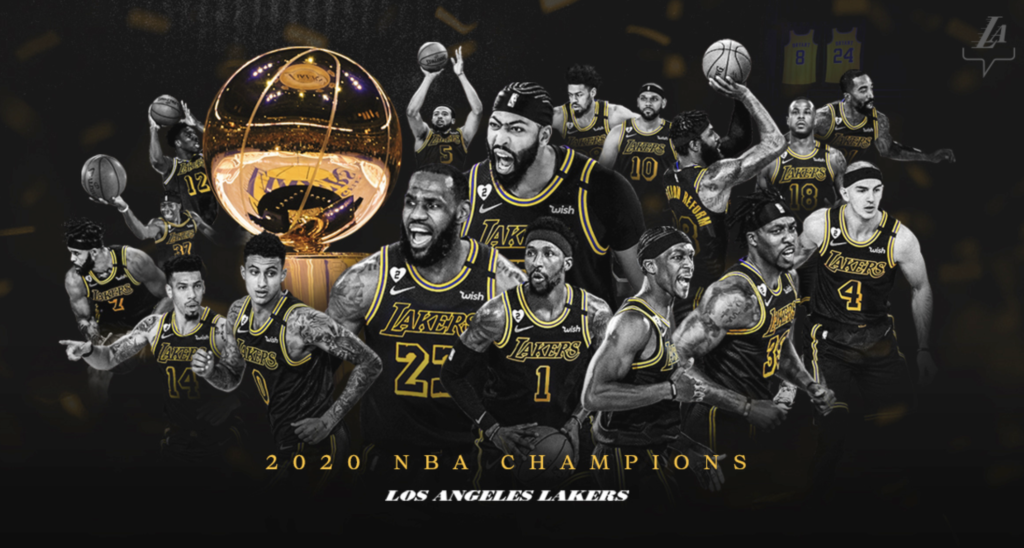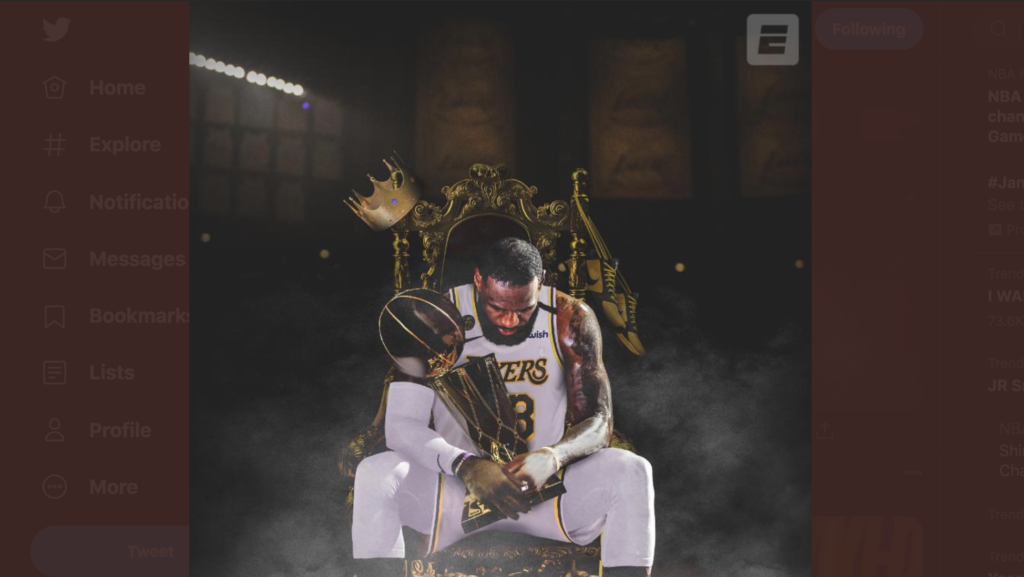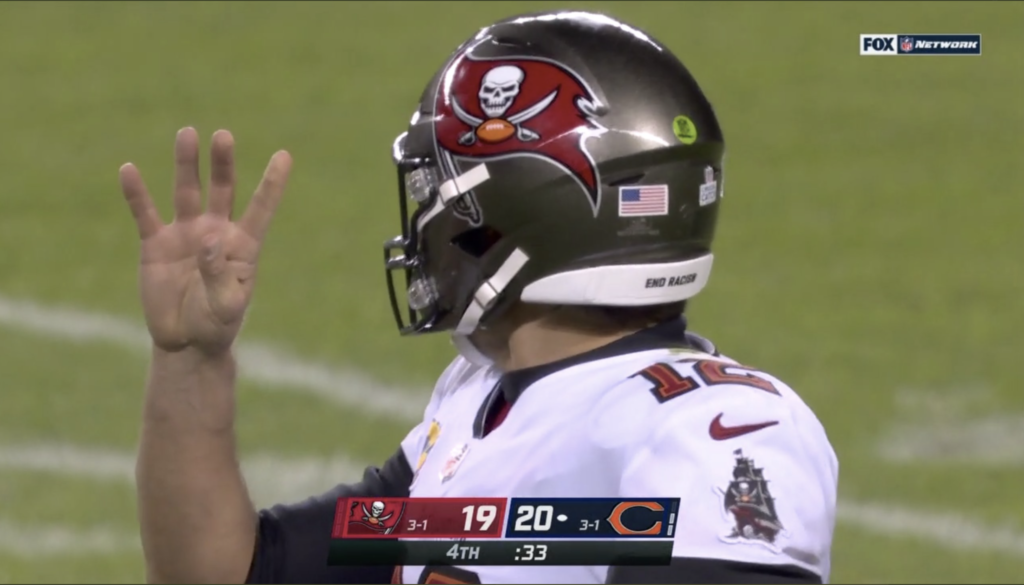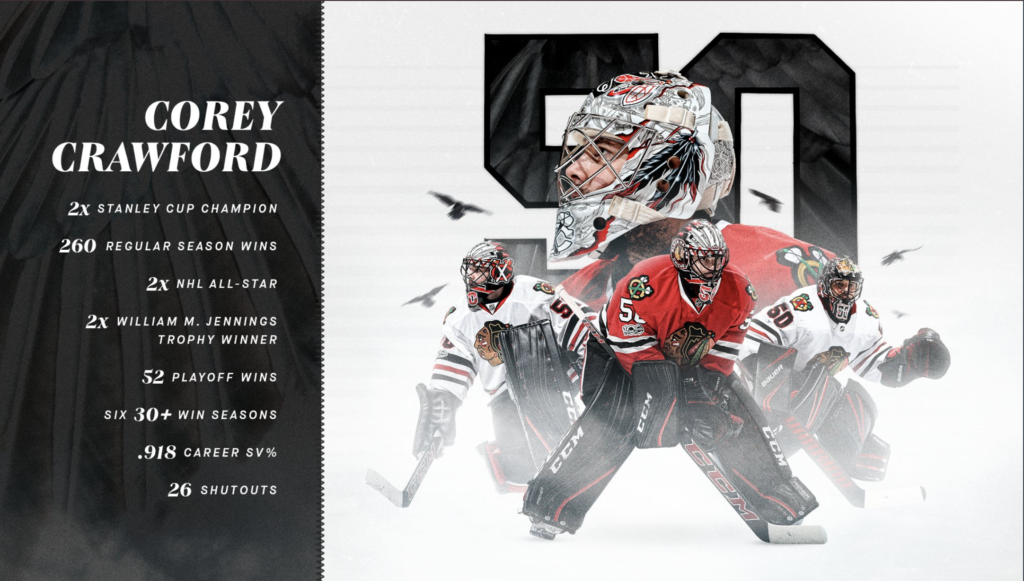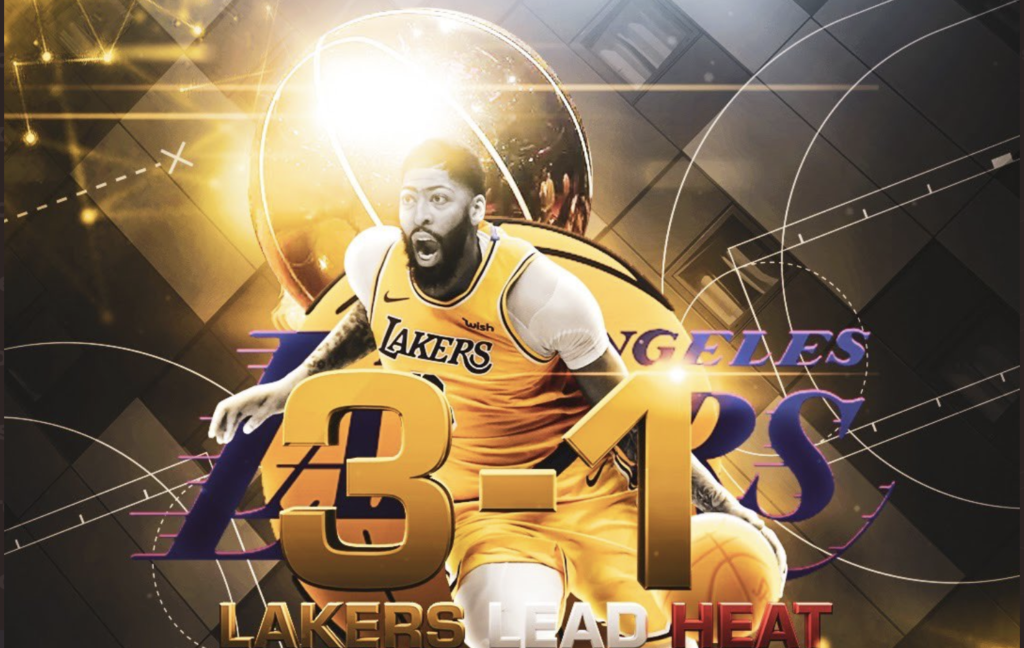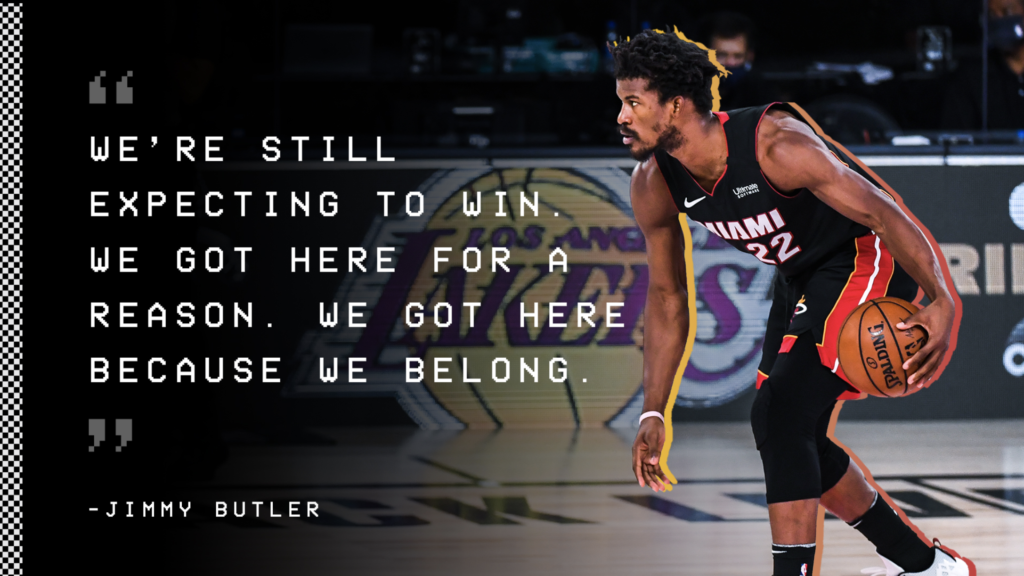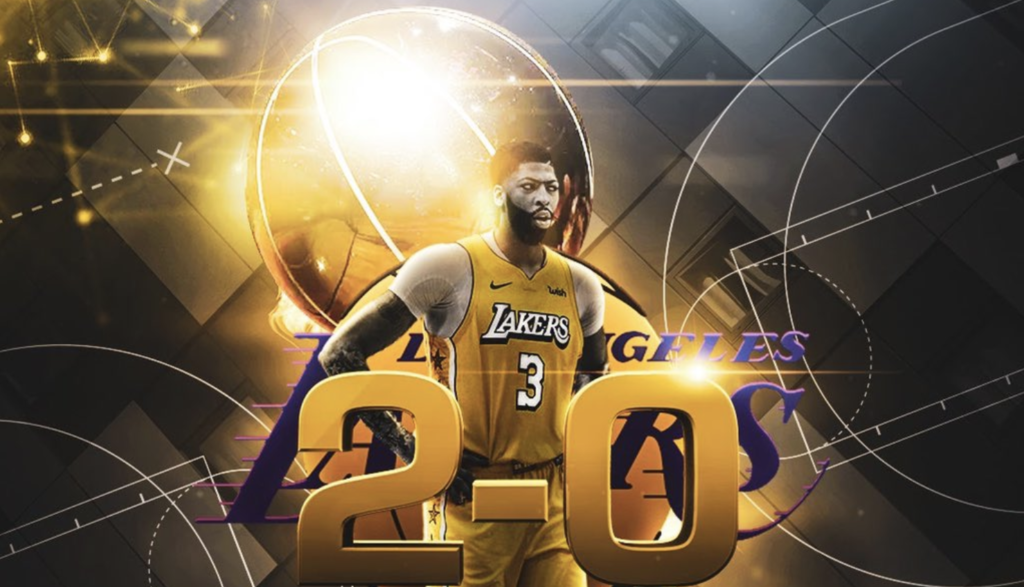In taking the action it did, the N.B.A. is following the path already taken by others. A number of musicians, including Bruce Springsteen, Ringo Starr and Itzhak Perlman, canceled concerts in North Carolina to protest the law, and there have been calls for repeal of the legislation by a number of businesses, some of which have canceled plans to create new jobs in the state.
All-Star weekend is one of the flashiest and most lucrative events on the league’s annual schedule. In addition to the game, the league arranges three days full of activities for fans. There is a separate game for the league’s rising stars, a dunk contest and a 3-point contest.
Now all of that will be held elsewhere next February, with the N.B.A. to announce a new site for the game in the next few weeks.
The decision by the N.B.A. comes after its commissioner, Adam Silver, had strongly hinted that such a move might be coming and again thrusts the league into the middle of social issues now gripping the nation, setting the league apart, at least for now, from Major League Baseball, the National Football League and other sports entities.
In recent weeks, a number of the N.B.A.’s top players have spoken out in dismay as they reacted to shootings around the country that have left police officers dead in two cities and the police accused of deadly recklessness in several other cases.
And last December, the N.B.A. participated in a series of television advertisements denouncing gun violence that aired during its long Christmas Day schedule of games.
Players in the N.B.A.’s sister league — the W.N.B.A. — have also become vocal. In recent weeks, players on several W.N.B.A. teams wore T-shirts during warm-ups before games that addressed the recent shootings.
On Thursday, just hours before the N.B.A. announced it was pulling the All-Star Game out of Charlotte, the W.N.B.A. fined the players on three teams $500 apiece, and the clubs $5,000, saying it had no problem with the players’ public “engagement’’ with difficult social issues but drew the line at violating the guidelines on team uniforms.
A number of W.N.B.A. players stated their unhappiness with the fines and they drew support from the Knicks’ Carmelo Anthony, who has been one of the most outspoken N.B.A. players this past month. He said Thursday that he saw no reason for “anybody to get fined.”
The action by the N.B.A. is also certain to inject new fervor into the debate about North Carolina’s law, which many people still refer to as House Bill 2.
Before its adjournment this month, and in defiance of pleas from public officials and corporate executives in Charlotte, the General Assembly resisted demands that it back away from some of the most contentious elements of the law, which supporters have argued is about public safety, not discrimination.
The fate of the law, which the United States Justice Department has challenged as a violation of the Civil Rights Act of 1964, will most likely be settled in court. A federal judge in Winston-Salem, N.C., will hear arguments next month about whether to block the law while the litigation is pending.
Even before the N.B.A.’s action on Thursday, Republicans in North Carolina had signaled repeatedly that the league’s misgivings about the law were unlikely to persuade its supporters.
“Our values are not shaped by the N.B.A. or Bruce Springsteen or some opinion poll,” state Representative Phil Shepard, a Republican and a Baptist minister, declared at a rally in April. “We’re standing strong.”
But it was also in April that Mr. Silver was spelling out how problematic the N.B.A. thought the law was. He noted at the time that the league had a “long record of speaking out where we see discrimination.’’
Last week, Mr. Silver weighed in again, saying of North Carolina’s legislators: “We were frankly hoping that they would make some steps toward modifying the legislation and frankly I was disappointed that they didn’t.”
NYTimes
Image NewRepublic Twitter

